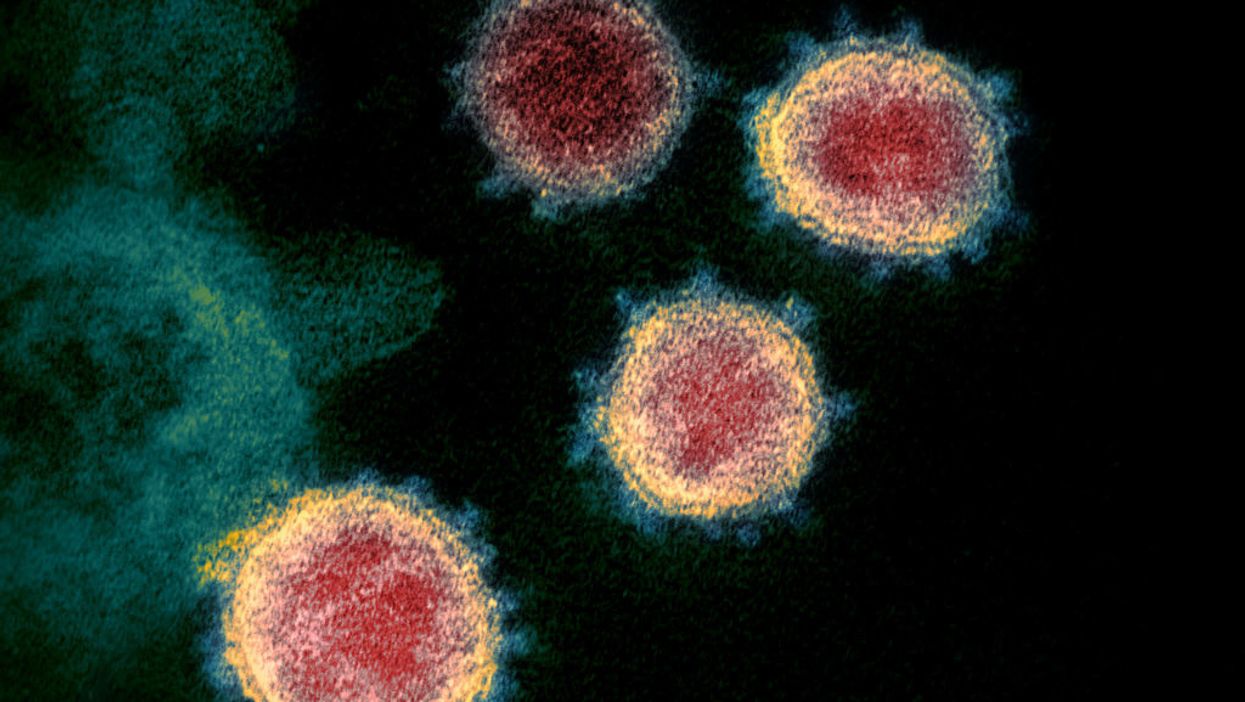
IMAGE POINT FR - LPN/BSIP/Universal Images Group via Getty Images

Really good news
A new study of individuals who have recovered from COVID-19 suggests that immunity against the virus may last several years or even decades after infection.
The study, which was conducted by a group of researchers primarily based out of La Jolla Institute for Immunology in California, analyzed blood samples from 185 survivors ages 19 to 81 to see if immune cells persisted in the body several months after infection.
What they found was encouraging: Eight months after contracting the virus, most survivors still possessed enough immune cells to fight reinfection. The slow rate of decline specifically among memory B-cells and T-cells hinted that these cells, which help fight disease, may persist in the human body for quite a long time.
"That amount of memory would likely prevent the vast majority of people from getting hospitalized disease, severe disease, for many years," Shane Crotty, a co-leader of the study, told the New York Times.
The Times noted that the new data squares with other recent findings from researchers at the University of Washington and in Nature Medicine that demonstrate that the body launches a long-lasting response to the virus.
Though not yet peer-reviewed or published in a scientific journal, the study is, according to the Times, "the most comprehensive and long-ranging study of immune memory to the coronavirus to date."
If verified, the study will certainly bring a sigh of relief to experts who feared that the disease would be resistant to long-term immune response. If that were the case, the prospects of using a vaccine to control the pandemic would be greatly complicated.
Those fears were amplified by a recent study carried out by scientists at King's College London, which focused specifically on the presence of antibodies post-infection. It found that antibodies peaked three weeks after COVID-19 symptoms appeared and then faded away altogether in some cases.
But the new study broadened the search beyond just antibodies to include memory B-cells and two types of T-cells, and the results painted a much more hopeful picture.
Sterilizing immunity, or when antibodies in the blood block the virus and stop a second infection, "doesn't happen very often — that is not the norm," noted Alessandro Sette, an immunologist at the La Jolla and co-leader of the study.
More often, people do in fact become infected a second time with a particular pathogen, but the immune system recognizes the invader and quickly destroys it. That's why it is more important to look at every component of the body's immune response.
"If you just look at only one, you can really be missing the full picture," Crotty said.